A surprise hit called “We are the dreamers” recently appeared on music platforms like Spotify, Deezer… making the online community curious.
What's special is: No one knows who the artist is, no social media accounts, no live performances, no clear profile. Then, experts confirmed: This is a product of AI - created with just a few lines of description in the Udio or Suno application.
The band has no real members but attracts listeners on digital platforms. (Source: Arstechnica)
If you're wondering who's behind a song, try a good old-fashioned investigative approach. " The most obvious clues come from external factors," says Manuel Mousallam, head of research and development at streaming service Deezer.
Background check
Does the band or artist have social media accounts? The absence of social media accounts may indicate that they have no one on them. If they are active online, consider the type of content they post and how long it stays up.
Is there any evidence that the artist or band exists in real life? Are there any upcoming concerts where you can buy tickets? Are there videos of past concerts on YouTube? Has a reputable record label released their single or album?
However, searching for a song can still be difficult, especially if you don't know the song title or creator.
Song tagging
Deezer has been flagging albums containing AI-generated songs, part of an effort to be more transparent in the fight against streaming scammers looking to make a quick buck through royalties.
The Deezer app and website will notify listeners with an on-screen label — “AI-generated content” — to indicate that some of the album's songs were created using a song generator.
The company’s CEO said the system relies on in-house technology to detect subtle but recognizable patterns found in all audio generated by its AI song generator. The company has not disclosed how many songs it has tagged since rolling out the feature in June, but said that up to 18% of the songs uploaded to its platform each day are AI-generated.
Check the song
There are a few third-party services online that promise to determine whether a song is human-generated or AI-generated.
IRCAM Amplify, a subsidiary of the French music and sound research institute IRCAM, can test whether a product is made with AI. The results can range from 81.8% to 98% and correctly infer that they were made with Suno.
But a small number of results shouldn't be taken as an indication of overall accuracy. "AI detectors can make mistakes. It's recommended to verify results ," the tool warns.
The downside to the IRCAM tool is that you can't paste links to songs, so you can't test out tunes that you can only listen to on streaming services.
There are a few other sites that allow you to upload a song file and paste the Spotify link for analysis, but they have their own limitations.
The band Velvet Sundown was created by AI. (Source: Spotify)
Check the lyrics
AI tools can generate both music and lyrics. Many serious users prefer to write their own lyrics and insert them because they find that AI-generated lyrics are often bad.
However, the average user may prefer to let the machine write for them. So bad rhyming or repetitive lyric structures can be a sign that a song isn't human-generated. But this is subjective.
Some users have said that Suno tends to use certain words in his lyrics like "neon", "shadows" or "whispers".
If a song has those words, it’s “a clear sign” that it’s AI, said Philadelphia resident Lukas Rams, who used Suno to create three albums for his AI band Sleeping with Wolves but wrote the lyrics himself.
Not easy to distinguish
AI technology is evolving so rapidly that there's no sure way to determine whether content is real or not, and experts say you can't rely on your ears alone.
“In general, it’s difficult to tell if a track is AI-generated just by listening, and this is becoming more difficult as the technology advances. Music generation models like Suno and Udio are constantly changing, meaning old identifying features – such as vocals with a distinctive reverb – are no longer valid,” says Deezer expert Mousallam.
Source: https://vtcnews.vn/lam-sao-de-biet-bai-hat-co-phai-do-ai-tao-ra-ar957325.html


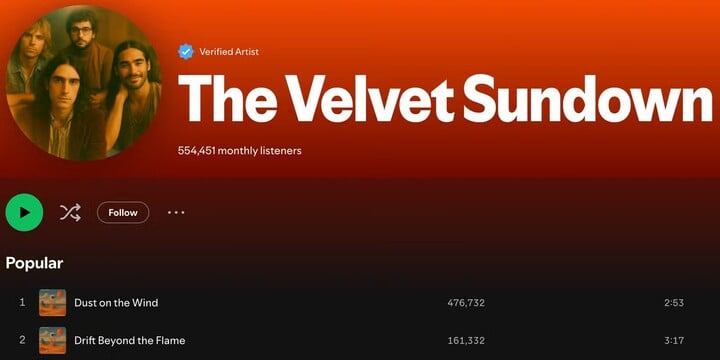

![[Photo] General Secretary To Lam works with the Standing Committees of the 14th Party Congress Subcommittees](/_next/image?url=https%3A%2F%2Fvphoto.vietnam.vn%2Fthumb%2F1200x675%2Fvietnam%2Fresource%2FIMAGE%2F2025%2F12%2F09%2F1765253019536_a1-bnd-0983-4829-jpg.webp&w=3840&q=75)




![[Photo] Urgently help people soon have a place to live and stabilize their lives](/_next/image?url=https%3A%2F%2Fvphoto.vietnam.vn%2Fthumb%2F1200x675%2Fvietnam%2Fresource%2FIMAGE%2F2025%2F12%2F09%2F1765248230297_c-jpg.webp&w=3840&q=75)






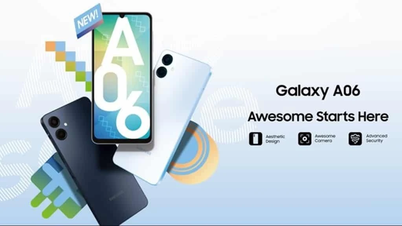








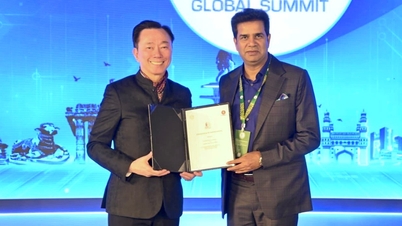

















































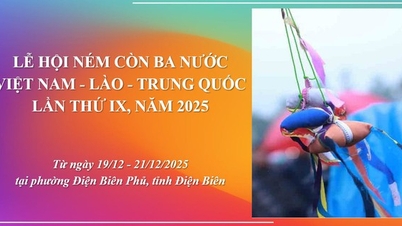



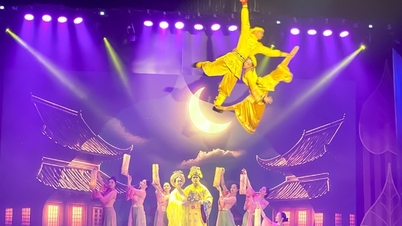
































Comment (0)